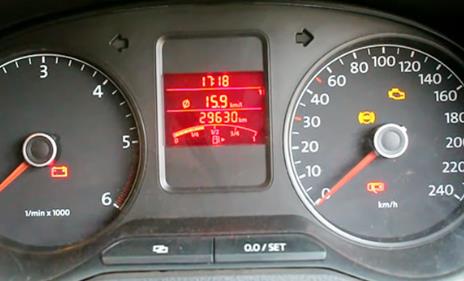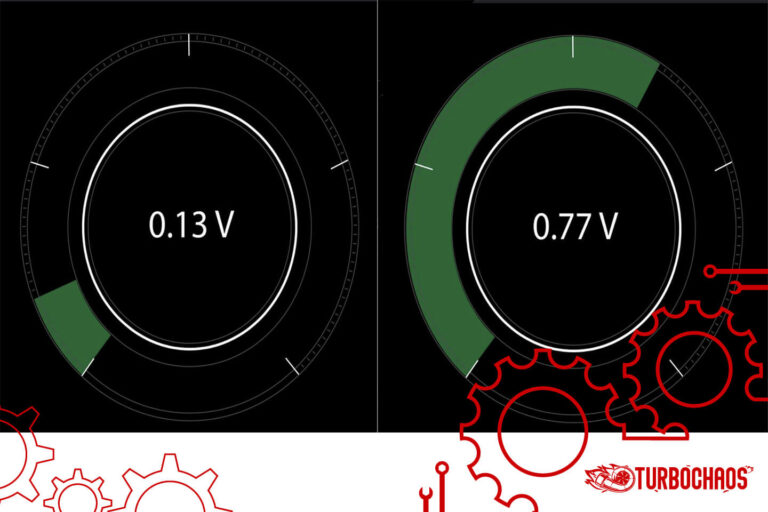Can Home Heating Oil Be Used In Diesel Engines? Answered
Are you looking for Can Home Heating Oil Be Used In Diesel Engines? Exploring the possibility of using home heating oil in diesel engines is not just a matter of curiosity, but a quest for practical and cost-effective solutions in today’s energy-conscious world. This article delves into the feasibility, implications, and considerations of using home heating oil as a diesel substitute.
Key Takeaways
- Home heating oil and diesel fuel are similar but have key differences.
- Regulatory and legal considerations impact the use of home heating oil in diesel engines.
- Engine performance and long-term effects need careful evaluation.
- Environmental implications are a crucial aspect of this discussion.
Can Home Heating Oil Be Used In Diesel Engines?
Home heating oil can technically be used in diesel engines, as it shares similarities with diesel fuel. However, this practice is subject to legal, performance, and environmental considerations.
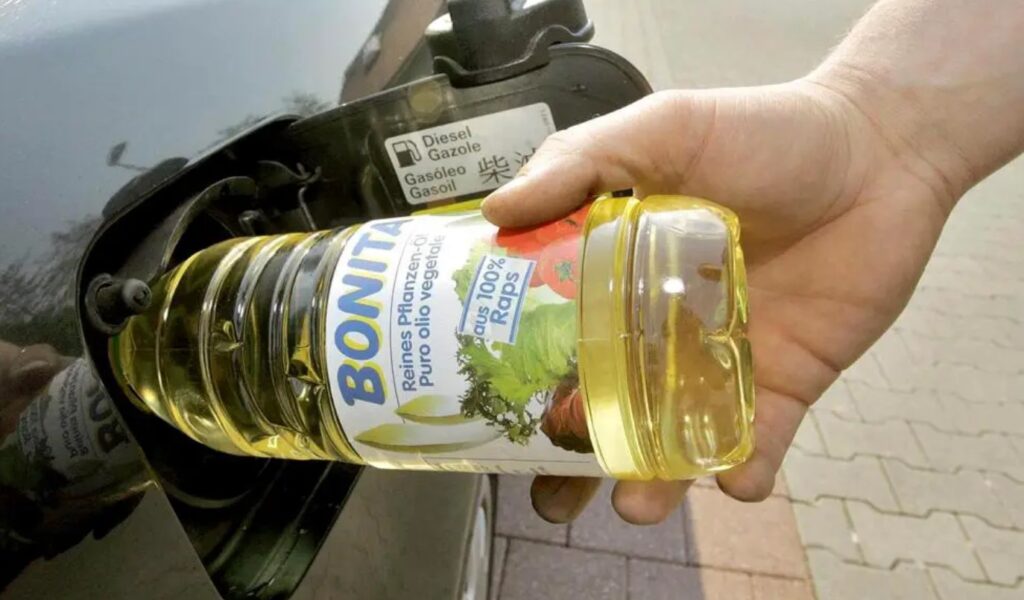
Technical Similarities and Differences
Home heating oil and diesel fuel are both derived from crude oil, but their refining processes and additives differ. Heating oil is less refined, which affects its efficiency and cleanliness when burned in diesel engines. Diesel fuel, on the other hand, is formulated to meet specific engine requirements, including lubrication and emission standards.
Legal and Regulatory Concerns
Using home heating oil in diesel engines might violate tax laws and environmental regulations. Heating oil is often tax-exempt, making its use in vehicles a potential legal issue. Furthermore, its composition may not meet emission standards set for diesel vehicles.
Engine Performance and Longevity
Impact on Engine Efficiency
The use of home heating oil in diesel engines can impact engine efficiency. Its lower refinement level may lead to incomplete combustion, reducing efficiency and potentially causing engine damage.
Long-Term Effects on the Engine
Over time, the use of heating oil in a diesel engine could lead to increased wear and tear. This is due to differences in viscosity and lubrication properties compared to standard diesel fuel.
Environmental Considerations

Emissions and Air Quality
Heating oil typically has a higher sulfur content than diesel fuel. This difference can lead to increased emissions of harmful pollutants when used in diesel engines, affecting air quality.
Impact on Carbon Footprint
The use of home heating oil in diesel engines could also have a larger carbon footprint compared to traditional diesel, considering its refining process and combustion efficiency.
Economic and Practical Aspects
Cost Implications
While home heating oil might be cheaper in some regions, its use in diesel engines could result in higher overall costs due to reduced fuel efficiency and potential engine damage.
Availability and Accessibility
Home heating oil is readily available in regions with colder climates, making it a tempting alternative to diesel fuel. However, accessibility does not necessarily translate to suitability for use in diesel engines.
Compatibility with Modern Diesel Engines
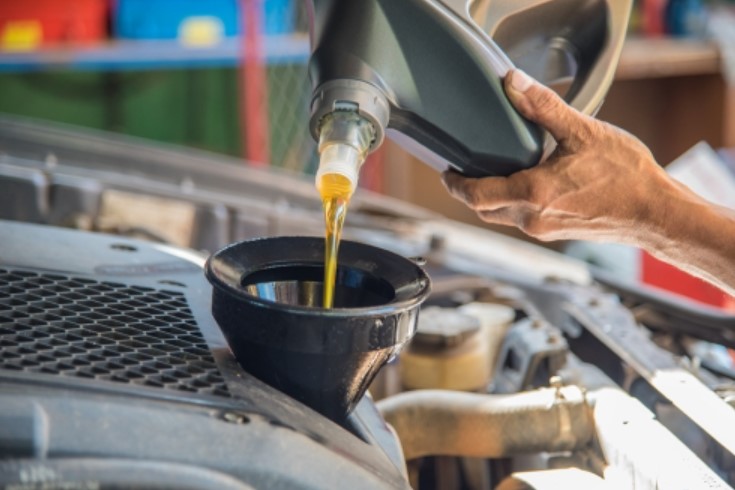
Technological Advances in Diesel Engines
Modern diesel engines are designed with advanced technology that might not be compatible with the properties of home heating oil.
Adapting Engines for Alternative Fuels
Some diesel engines can be modified to better handle alternative fuels like home heating oil, but this requires technical expertise and could void warranties.
Safety and Risk Management
Handling and Storage Concerns
The handling and storage of home heating oil for use in diesel engines pose safety risks, given its flammability and potential environmental hazards.
Mitigating Risks
To safely use home heating oil in diesel engines, proper storage, handling procedures, and engine modifications are necessary.
Can I Run My Diesel On Heating Oil?
Running a diesel engine on home heating oil is technically possible due to the similarities in their composition. However, this practice is typically not recommended and may be illegal in many regions.
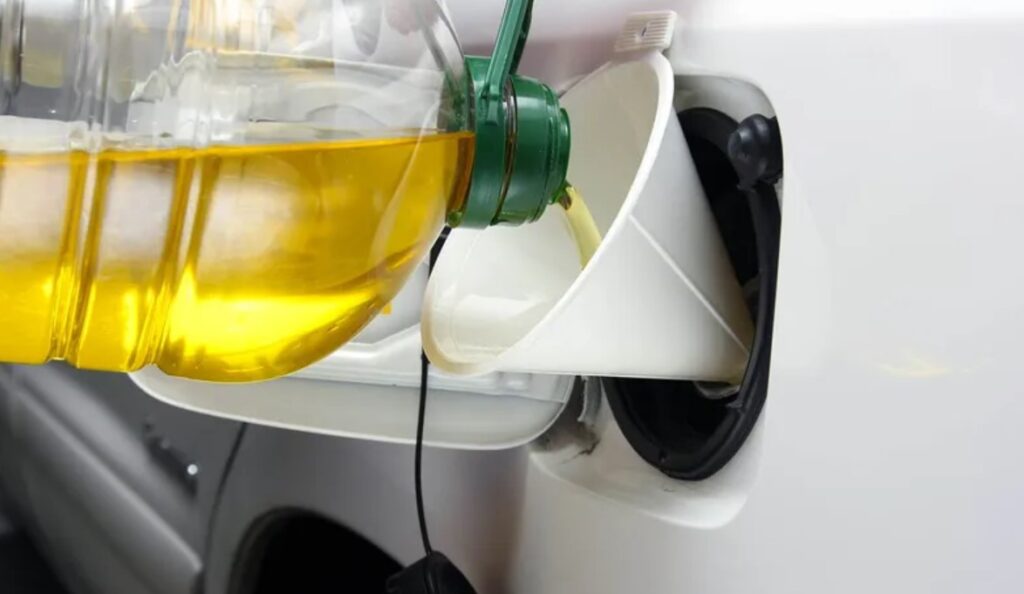
Home heating oil is less refined than diesel fuel, meaning it burns less efficiently and cleanly in diesel engines. This could result in increased engine wear, higher emissions, and potentially serious legal and tax implications, as heating oil is often tax-exempt and not intended for use in road vehicles.
Additionally, modern diesel engines are designed to run on specific types of diesel fuel, and using home heating oil could void warranties and lead to engine damage.
Can Home Heating Oil Be Used In Diesel Generator?
Using home heating oil in a diesel generator is possible, but it comes with several considerations. While the basic properties of home heating oil are similar to diesel fuel, the oil is generally of a lower quality and can lead to buildup in the generator’s engine.
This might reduce the efficiency and lifespan of the generator. Moreover, the use of heating oil in a diesel generator could be illegal in some areas due to tax and environmental regulation reasons. Before considering this option, it’s crucial to check local laws and the manufacturer’s recommendations for fuel use in the generator.
Is Home Heating Oil The Same As Diesel Fuel?
While home heating oil and diesel fuel are both derived from crude oil, they are not the same. Diesel fuel is specifically refined for use in diesel engines and contains additives that improve engine performance and reduce emissions.

Home heating oil, on the other hand, is a less refined product with a higher sulfur content, which can lead to increased emissions and buildup in engines. Additionally, the two fuels are treated differently for tax purposes, with heating oil usually being exempt from the taxes applied to diesel fuel.
Can You Run A Diesel Engine On Heating Oil Or Kerosine?
Running a diesel engine on heating oil or kerosene is possible, but it’s not without risks and drawbacks. Both heating oil and kerosene are closer in composition to diesel fuel compared to other fuels, but they are still different.
Kerosene, being more refined, can burn cleaner than heating oil but may lack sufficient lubrication properties needed for some diesel engines.
Using either of these fuels can lead to increased engine wear and potentially illegal operation due to tax and environmental regulations. It’s essential to consult with a professional or refer to the engine’s manufacturer guidelines before using these alternatives in a diesel engine.
Conclusion
In conclusion, while home heating oil can be used in diesel engines, it’s not an advisable practice due to legal, performance, environmental, and safety concerns. The potential cost savings are outweighed by the risks and long-term impacts on engine health and the environment. This topic is a complex intersection of energy use, technology, and environmental stewardship, requiring careful consideration before making any decisions.
People Also Ask
Is It More Cost-Effective to Use Home Heating Oil in Diesel Engines?
While home heating oil may be cheaper per gallon, its use in diesel engines is not cost-effective in the long run. Reduced fuel efficiency and potential engine damage can lead to higher overall costs.
What Happens to Emissions When Using Home Heating Oil in Diesel Engines?
Using home heating oil in diesel engines typically leads to increased emissions of sulfur dioxide and other pollutants. This can contribute to air quality problems and is a significant environmental concern.
Can Modern Diesel Engines Be Modified to Use Home Heating Oil?
While some diesel engines can technically be modified to use home heating oil, they often require significant changes. These modifications can be costly and might void the vehicle’s warranty.
What Are the Risks of Storing Home Heating Oil for Use in Diesel Engines?
Storing home heating oil poses safety risks, including fire hazards and potential environmental contamination. It must be stored in appropriate containers and in compliance with local regulations to mitigate these risks.
How Does the Use of Home Heating Oil Affect Engine Efficiency?
Home heating oil can negatively affect the efficiency of diesel engines. It burns less cleanly and completely than diesel fuel, leading to reduced fuel efficiency and increased emissions.

Matt Rex brings 12 years of specialized automotive expertise, holding a professional degree in Automotive Engineering Technology. As the founder of Turbochaos, he delivers comprehensive diagnostic services, performance optimization, and fleet maintenance solutions, backed by advanced certifications in hybrid/electric systems and ADAS technology. Its innovative methodologies have earned industry recognition while maintaining a 98% customer satisfaction rate.



